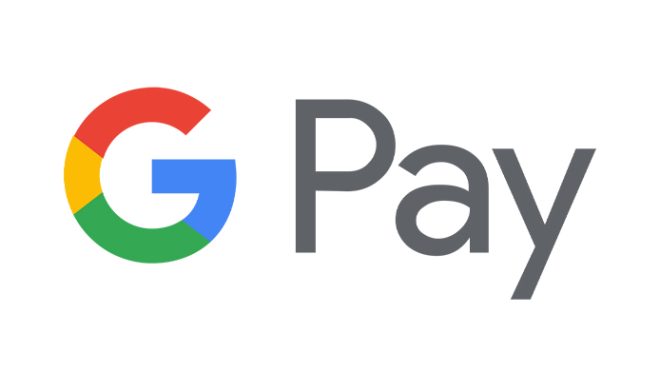Google Pay likely coming to Bangladesh soon
Google Pay likely coming to Bangladesh soon

- India leads S Asia in digital payments, Google Pay accounting for 51% of total transaction value
- Pakistan launched Google Pay on 12 March 2025, marking a key step in its digital finance growth
- Google Pay is active in Southeast Asian countries like Singapore, Thailand, Vietnam, and Malaysia
- Google Pay likely coming to Bangladesh soon
After years of anticipation, people in Bangladesh may soon get official access to Google’s digital payment services without depending on workarounds. Fintech industry sources told TBS that Google is preparing to launch Google Wallet – commonly known as Google Pay – in Bangladesh within the next month.
With the rollout, Android smartphones will soon serve as fully functional wallets, eliminating the need to carry cards – often referred to as “plastic money”. From air travel to shopping and cinema, mobile phones will become the gateway to a wide array of contactless transactions, fundamentally reshaping the way Bangladeshis pay.
Initially, only cardholders of City Bank will be able to link their Visa and Mastercard accounts, including Bangladesh currency cards, to Google Wallet and pay using Android phones at any terminal that supports NFC (Near Field Communication) payments.
Industry insiders confirmed that the service will be expanded gradually to include customers of other banks in the country.
The integration marks a significant step towards digitisingfinancial transactions in Bangladesh. Until now, Google Wallet has not been available locally due to the lack of integration with the country’s banking infrastructure.
While the demand for NFC-enabled payments has grown rapidly – especially among tech-savvy urban users – Bangladesh’s regulatory and banking ecosystem has trailed behind.
City Bank, in collaboration with Google, is now leading the charge to change that. Once operational, this will allow users to make secure, tap-and-go purchases using their smartphones at any contactless terminal.
“The implications are far-reaching: from easing retail transactions to enabling more seamless ecommerce experiences. As other banks follow suit, Bangladesh’s digital finance ecosystem is poised to leap into the next phase of cashless convenience,” a senior banker told TBS, wishing not to be named.
India stands as a regional benchmark in digital payments, with the Unified Payments Interface (UPI) accounting for a staggering 93% of all digital transactions by volume and 92% by value as of December 2024. Of that, Google Pay alone commands 51% of the transaction value and 37% of the total number of transactions, highlighting the platform’s deep penetration into South Asia’s largest digital economy.
This regional momentum is not limited to India. On 12 March 2025, Pakistan joined the list of countries where Google Pay is officially operational. While transaction data from Pakistan remains limited, the rollout marks a significant step forward in the country’s shift toward digital financial services.
Beyond South Asia, Google Pay has already gained ground across Southeast Asia, with availability in countries such as Singapore, Thailand, Vietnam, and Malaysia.
Will Google Wallet require BB approval?
Though digital wallet services typically handle sensitive financial data and facilitate transactions, Google Wallet itself will not store user data, according to industry insiders.
They said there is no requirement for direct approval from the Bangladesh Bank for the app’s launch. Users will simply link their cards to the app, and all transactions will be processed and settled through their respective banks.
However, banks preparing to integrate with the digital wallet are expected to notify the central bank before rolling out the service, insiders confirmed.
Will Google charge for transactions?
Google Wallet generally does not charge users for basic transactions such as in-store purchases, online payments, or peer-to-peer transfers when using a linked bank account or debit card. However, cardholder banks may impose fees based on their individual policies, the type of card, and the nature of the transaction.
For example, if a payment is processed through an international gateway or involves a foreign currency, banks may levy a foreign transaction fee, typically ranging from 1% to 3%.
For local transactions within Bangladesh, such charges are unlikely – unless Google routes the payment through international servers, industry insiders told TBS.
Present local payment methods
Many Bangladeshis utilise local mobile payment platforms like bKash, Rocket, Upay, which are widely accepted and convenient. Also, credit and debit cards are commonly used for digital transactions.
What MFS providers say
Mobile financial service (MFS) providers operate under strict regulations set by the Bangladesh Bank, with clearly defined scopes of what they can and cannot do, operators said.
“We want a level playing field. Google Pay is an international platform, and we must consider its impact on local digital platforms like MFS,” said a senior official of bKash, the country’s largest MFS provider, which handles an average of 1.5 crore transactions per day.


